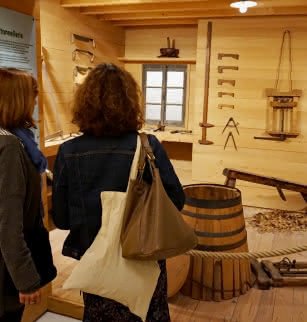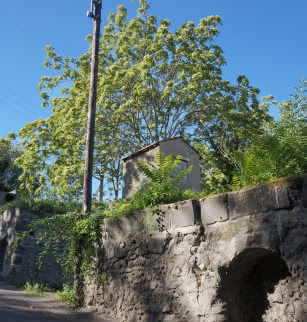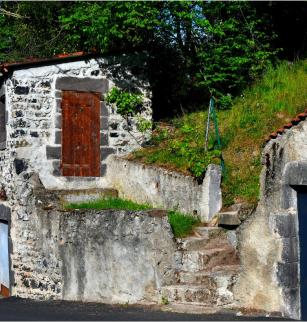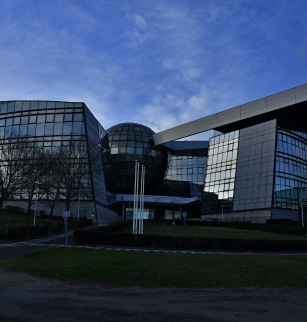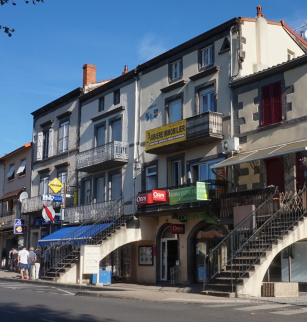Maison vigneronne - Second modèle
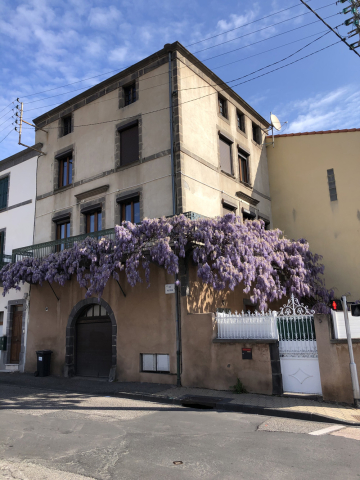
The winemaker’s house is testimony to a previously prosperous business : vine growing From the second half of the 19th century, it changed to reflect the economic and social success of wine makers.
The winemaker’s house is testimony to a previously prosperous business in Aubière and on all the hillsides of Limagne from the Middle Ages to the 19th century: vine growing The region has two types of winemaker houses.
The first type is the traditional winemaker house located in the village centre. A narrow construction, it houses both the business premises and the living quarters: a vat room for pressing, fermentation and conservation of wine on the ground floor, a single room for living on the first floor, accessible via an outside staircase, and an attic beneath the roof.
The second type of house was developed in the second half of the 19th century, at the height of vine growing. It reflected the economic and social success of the winemaker. These houses, a series of which can be found on Rue Chambon, are more imposing and generally have an extra floor for living quarters. They use Volvic stone for the window and door frames, storey separation panels, cornices and corner quoins. They have balconies with guardrails in metalwork or cast iron. They also have courtyards and technical buildings that give the residence a certain professional dimension, focused on the exclusive and important business of wine production.
Musée de la vigne et du vin, 24 avenue Jean Noëllet in Aubière, recounts the history of the vineyards of Basse-Auvergne and its expertise, from planting to the winemaking process.
Additional information
Visit of the exterior only.
Opening dates and times
All year round, daily.
Prices
- Free of charge.


